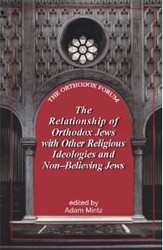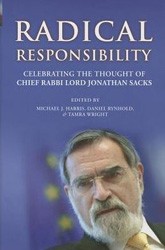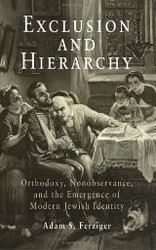What propels the forces of change in Jewish life? A typical answer to that kind of question might look at systemic economic, social, and ideological factors. Adam Ferziger, a professor at Bar-Ilan University in Israel, has taken a refreshingly different approach. He writes about key individuals — mostly American rabbis — who have had a lasting effect in their own ways on Jewish life in Israel.
The centerpiece of this collection of essays, a fifty-page chapter called “Pioneers and their Institutions,” highlights the pathbreaking work of eight innovators who founded enduring institutions. All of them are very much worth knowing about. They include Rabbi Shlomo Riskin, who led seventy American families to settle in Efrat, on the West Bank in Israel, and the late Rabbi David Hartman, whose Shalom Hartman Institute continues to be a meeting place for Jewish leaders of every stripe.
In the field of women’s education, Rabbanit Malka Bina founded the Women’s Institute for Torah Studies, serving women of all ages; Rabbanit Chana Henkin created Nishmat, a similar institution aimed specifically at college-age women. And Rabbi Chaim Brovender founded an expressly Orthodox yeshiva for women.
The remaining three figures are innovative Torah authorities. Rabbis Aharon Lichtenstein and Nachum Eliezer Rabinovitch argued that Jewish wisdom could also be found outside traditional texts; Rabbi Daniel Tropper helped create new educational pathways in Israel. These latter topics may be of especial interest to Orthodox readers, but all of these innovations are described in a conversational style which captures the pioneers’ personalities while demonstrating their impact on Israeli Jewish life.
Other chapters look at other key issues concerning Jewish life in Israel, such as changing attitudes toward the Reform movement, Orthodox feminism, Biblical scholarship, and online Jewish education. The extensive bibliography is also a wonderful reference for further reading. Agents of Change will be of great interest to any reader who is deeply engaged with Israel and/or Jewish religious observance.
Bob Goldfarb is President Emeritus of Jewish Creativity International.





